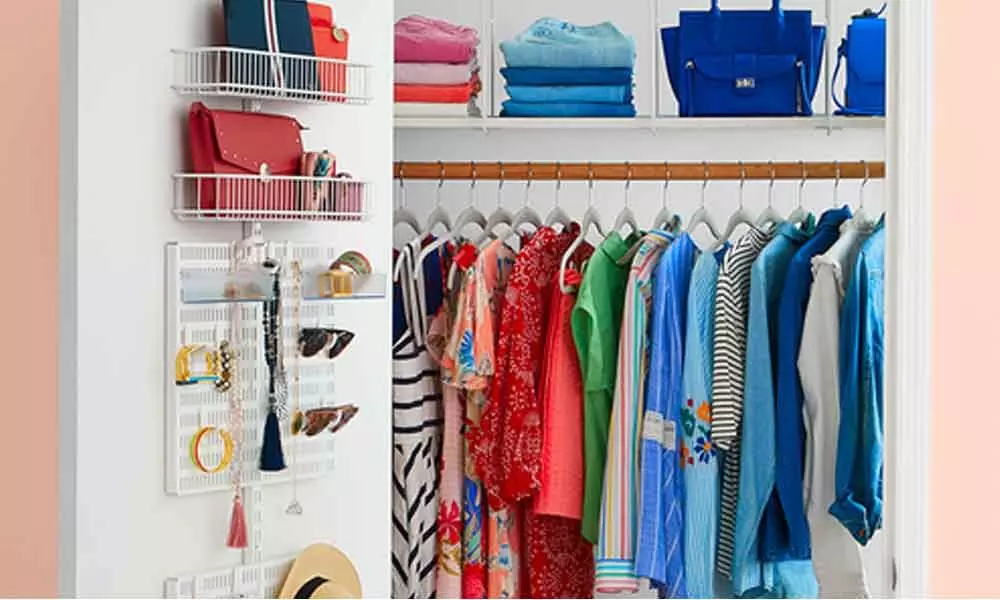High cost of cheap fashion

High cost of cheap fashion
Fast fashion has almost become a dirty word. With people unable to afford high end fashion, let alone handcrafted sustainable fashion, fast fashion is what makes up the bulk of most people’s wardrobe.
Fast fashion has almost become a dirty word. With people unable to afford high end fashion, let alone handcrafted sustainable fashion, fast fashion is what makes up the bulk of most people's wardrobe.
Last week when it was announced Topshop and Miss Selfridge had filed for bankruptcy- many took to social media to celebrate their demise, calling it "the end of fast fashion". Yes, fast fashion does have many questions to answer from how they make their clothes to the way they have propelled consumerism culture to an unjustifiable level.
But there are always two sides to a coin; let us not forget that Topshop and Miss Selfridge were also considered great British brands at one time. Both labels were born before the term fast fashion became a phenomenon. (Fast Fashion is a phrase that was coined in the 1990s, Topshop has been around since the 1960s). They were amongst the first high street brands to make fashion democratic buy making the latest trends available at prices that normal people could afford and access at their local high street.
One of the major reasons they are going out of business, is not because everyone has woken up to how bad fast fashion is for the environment (which it is), but because of a new cheaper (yet more harmful) alternative - ultrafast fashion.
Of course, one can argue that it was brands like Topshop that started this trend, but new labels have taken things to a whole new level. Millennial friendly labels like Pretty Little Things, Missguided and Shein fall under this bracket launching new collections on an almost weekly basis. This week a UK based newspaper reported that the "Made in China " Shein sells over 30,000 items a day-- it accused the brand of "piracy, profiteering and mass pollution." With dresses costing around Rs. 450 one has to wonder how these products are made.
Pretty Little Things calls their e5 dresses "bargain beauties" on their website. The brand owned by one of the pioneers of ultra-fast fashion, Boohoo, has been accused of paying workers well under the minimum wage in substandard conditions and forcing employees to stay on their jobs even if they tested positive for the coronavirus. Everything about these brands is toxic, from the fabric they use, to their working conditions to their attitude to fashion's throw away culture. (It is estimated that over 18 million tonnes of unwanted clothing will end up in a landfill this year.)














